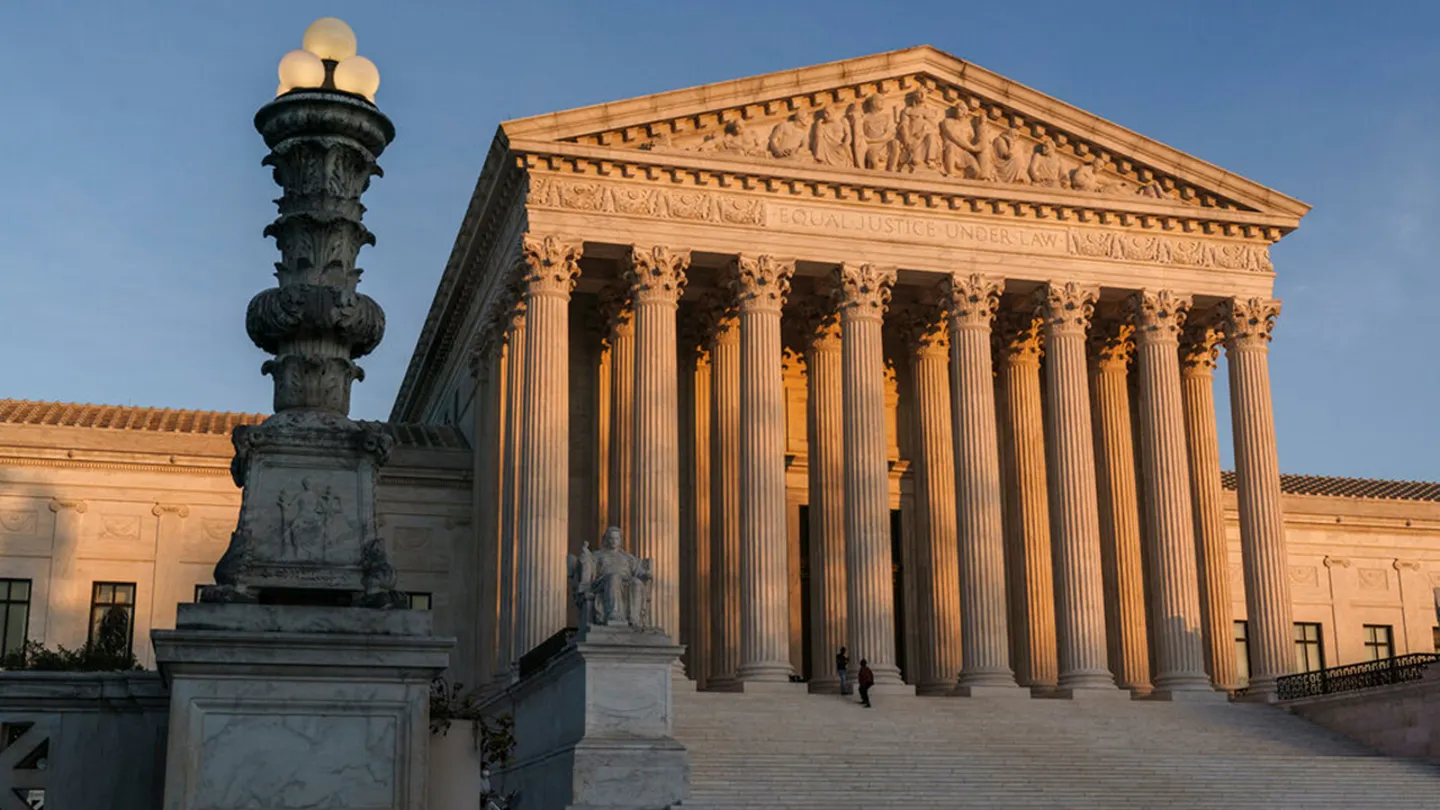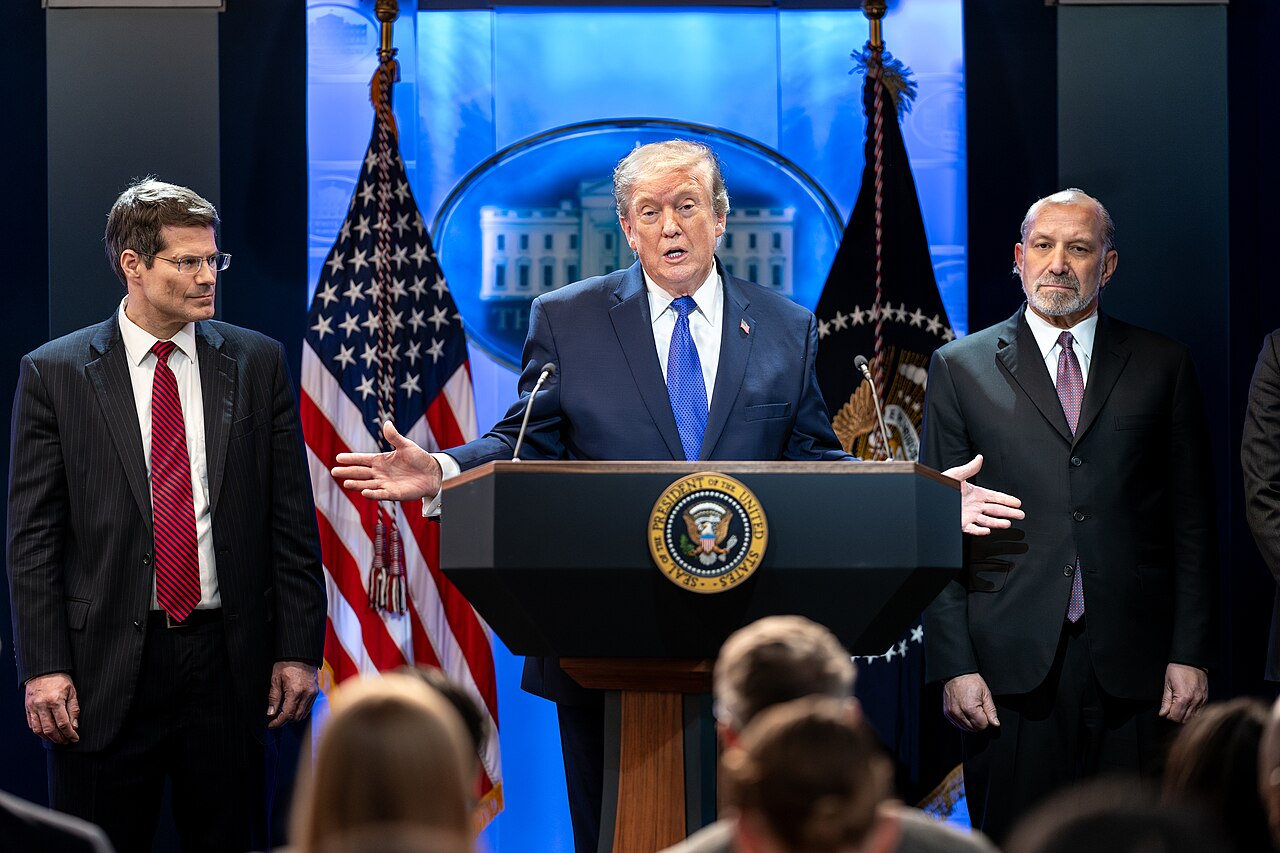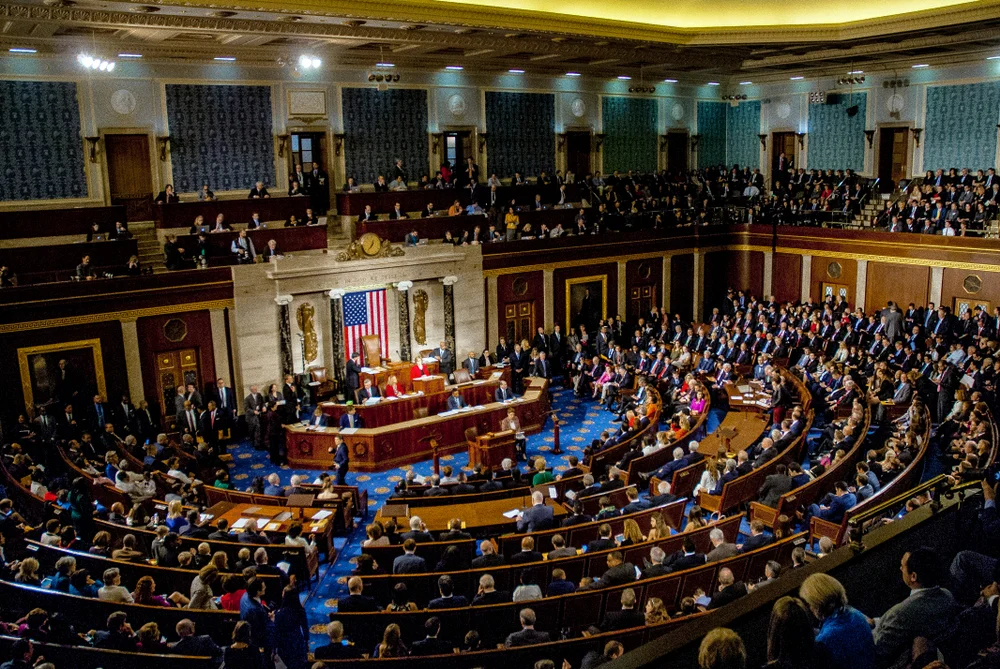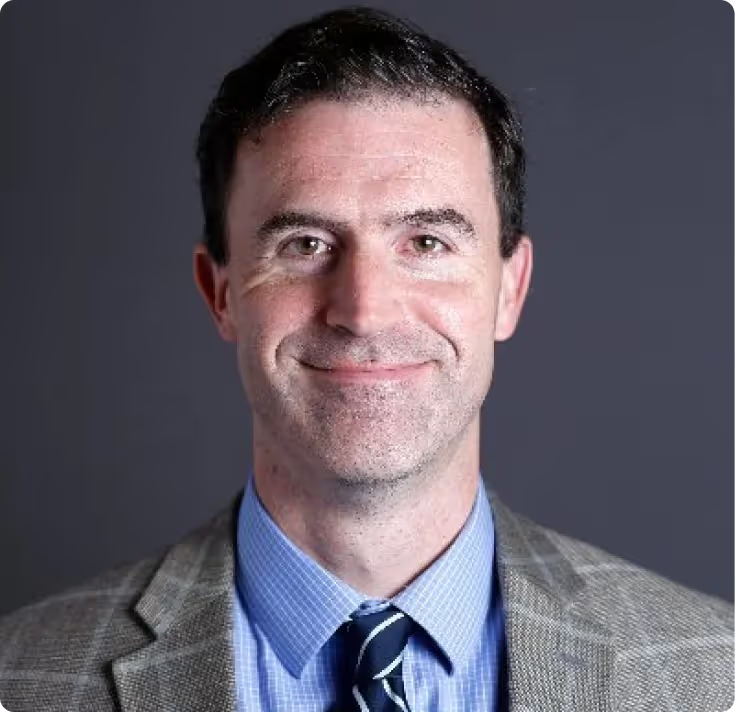.avif)
Days of DOGE: A Civitas Outlook Symposium
Robert Beschel, Charlie Cooke, Robert Delahunty, and Yuval Levin analyze DOGE.
The intervention of the Elon Musk-led Department of Government Efficiency (DOGE) throughout the federal government has ignited intense controversy along intersecting lines of constitutional, policy, and cultural disputes. Much of the fracas is happening within a federal government where Congress no longer reliably flexes its constitutional responsibilities. Accordingly, the judicial and executive branches frequently attempt to snatch greater levels of legitimacy and government functionality in the face of a moribund Congress. On one level, valuable information is emerging from DOGE’s efforts regarding eccentric spending programs, waste, and fraud. However, there are also constitutional concerns about DOGE’s irresponsible use of power within the executive branch while attempting to root out various forms of dysfunctional government. What should a constitutionally minded reformer think about these events?
Civitas Outlook asked Robert Beschel, Charlie Cooke, Robert Delahunty, and Yuval Levin to analyze DOGE and its implications.
Robert Beschel: DOGE is a Dodge
Charlie Cooke: The Hard Limits on DOGE
Robert Delahunty: DOGE & USAID
Yuval Levin: Making DOGE Constitutional
Constitutionalism

Amicus Brief: Hon. William P. Barr and Hon. Michael B. Mukasey in Support of Petitioners
Former AGs Barr and Mukasey Cite Civitas in a SCOTUS Brief

Rational Judicial Review: Constitutions as Power-sharing Agreements, Secession, and the Problem of Dred Scott
Judicial review and originalism serve as valuable commitment mechanisms to enforce future compliance with a political bargain.

State Courts Can’t Run Foreign Policy
Suncor is also a golden opportunity for the justices to stop local officials from interfering with an industry critical to foreign and national-security policy.

Supreme Court tariff ruling should end complaints that justices favor Trump
John Yoo writes on the Supreme Court’s decision on President Trump’s tariff case.

Trump’s Tariff Tantrum
Trump leaps from the frying pan into the fire in the aftermath of Learning Resources v. Trump.

The Administrative State’s Sludge
Congress has delegated so much power across so many statutes that it’s hard to find a question of any public importance to which some agency cannot point to policymaking authority.


.avif)










.webp)


